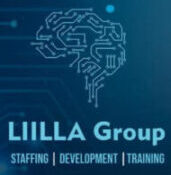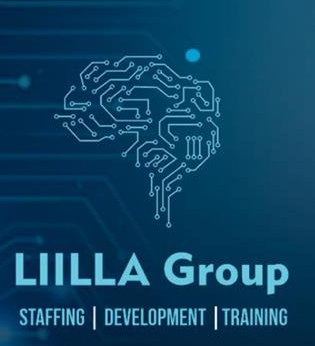Overview of SA 8000
The SA8000 standard and verification system is a credible, comprehensive and efficient tool for assuring humane workplaces because it includes:
Factory-level management system requirement for ongoing compliance and improvement.
Independent, expert verification of compliance: Certification of facilities by auditing bodies accredited by SAI. SAI accreditation ensures that auditors have the procedures and resources needed to conduct thorough and objective audits. There are currently nine organizations accredited to do SA8000 certification.
Involvement by all stakeholders: Participation by all key sectors, including workers and trade unions, companies, socially responsible investors, nongovernmental organizations and government, in the SA8000 system. Such participation is required with the Advisory Board, drafting and revision of the standard and auditing system, conferences, training, and the complaints system.
Public reporting: SA8000 certified facilities are posted on the SAI Web site. Companies that join level two of the SA8000 Corporate Involvement Program (CIP) release annual progress reports verified by SAI.
Harnessing consumer and investor concern: The SA8000 Certification and Corporate Involvement Program help consumers and investors to identify and support companies that are committed to assuring human rights in the workplace SA8000 Standard Elements.

- Experienced Emphires employees
- Easy way to train employees
- Our employees are professional
- We have great support marketing
- They choose Us because believe us
- We believe in the value of business
SA 8000 Elements
SA8000 is based on international workplace norms in the International Labour Organisation (ILO) conventions and the UN’s Universal Declaration of Human Rights and the Convention on Rights of the Child. The official standard is available for download in various languages by clicking here, but a summary follows:
Child Labour: No workers under the age of 15; minimum lowered to 14 for countries operating under the ILO Convention 138 developing-country exception; remediation of any child found to be working
Forced Labour: No forced labour, including prison or debt bondage labour; no lodging of deposits or identity papers by employers or outside recruiters
Health and Safety: Provide a safe and healthy work environment; take steps to prevent injuries; regular health and safety worker training; system to detect threats to health and safety; access to bathrooms and potable water
Freedom of Association and Right to Collective Bargaining: Respect the right to form and join trade unions and bargain collectively; where law prohibits these freedoms, facilitate parallel means of association and bargaining
Discrimination: No discrimination based on race, caste, origin, religion, disability, gender, sexual orientation, union or political affiliation, or age; no sexual harassment
Discipline: No corporal punishment, mental or physical coercion or verbal abuse
Working Hours: Comply with the applicable law but, in any event, no more than 48 hours per week with at least one day off for every seven day period; voluntary overtime paid at a premium rate and not to exceed 12 hours per week on a regular basis; overtime may be mandatory if part of a collective bargaining agreement
Compensation: Wages paid for a standard work week must meet the legal and industry standards and be sufficient to meet the basic need of workers and their families; no disciplinary deductions
Management Systems: Facilities seeking to gain and maintain certification must go beyond simple compliance to integrate the standard into their management systems and practices.
Along with humane workplaces, the implementation of SA8000 offers more benefits to workers, companies and others:
Benefits for Workers, Trade Unions and NGOs:
– Enhanced opportunities to organize trade unions and bargain collectively.
– A tool to educate workers about core labor rights.
– An opportunity to work directly with business on labor rights issues.
– A way to generate public awareness of companies committed to assuring humane working conditions.
Benefits for Business:
– Drives company values into action.
– Enhances company and brand reputation.
– Improves employee recruitment, retention and productivity.
– Supports better supply chain management and performance.
Benefits for Consumers and Investors:
– Clear and credible assurance for ethical purchasing decisions.
– Identification of ethically made products and companies committed to ethical sourcing.
– Broad coverage of product categories and production geography.



